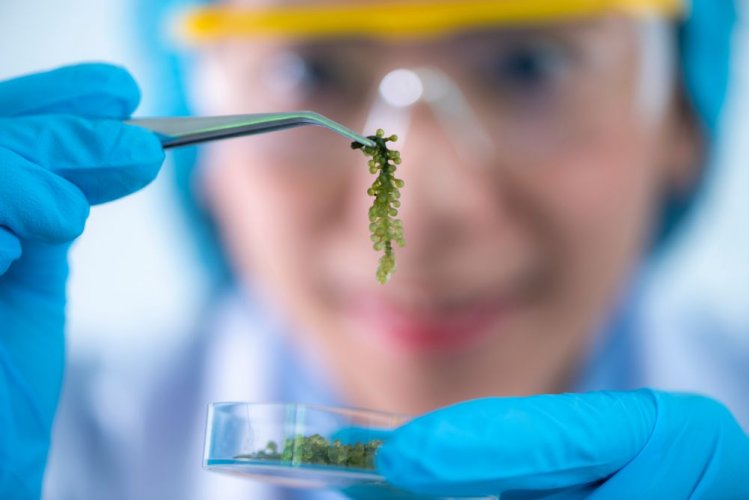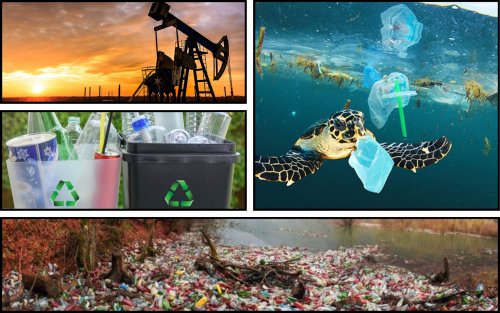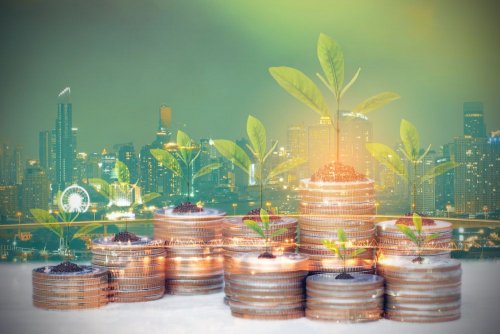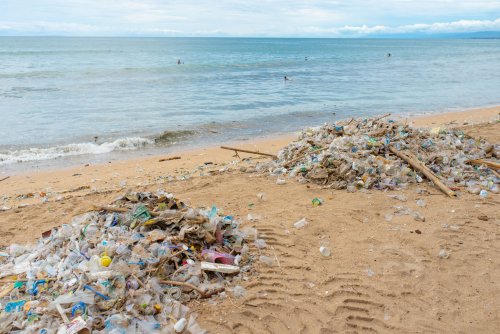The oil giant Exxon Mobil has significantly reduced its support for the biotechnology company Viridos, which has been working on the production of biofuel from algae since 2009.
Viridos and Exxon have made significant improvements in recent years, including a sevenfold increase in algae productivity in open ponds, Bloomberg reports.
It is noted that Exxon also stopped financing 2 more long-term projects.
Exxon Mobil has said it will continue to research algae, but these technologies are not ready for deployment at this time. The company plans to focus on carbon capture, hydrogen and biofuels. Exxon is investing $17 billion over the next five years in initiatives that will reduce emissions and help achieve climate neutrality by 2050.
It is noted that Exxon creates about 630 million tons of greenhouse gases every year, which is equivalent to the emissions of Canada.
"Exxon abandons algae despite stunning financial results last year, which saw record $59 billion in revenue. And this is happening at a time when algae research has shown significant progress," the article says.
Exxon has been criticized more than other companies for its long-term commitment to fossil fuels, even in the face of global warming, the authors said. However, the company rejected suggestions that the algae was an attempt at greenwashing.
The article pointed out that Exxon spent more than $350 million on the development of biofuel from algae, which is more than double the cost of advertising the program.
The authors emphasized that algae have a significant potential for the production of green fuel. They are grown in brackish water, not on arable land. That is, unlike corn for ethanol production, they do not compete with food crops.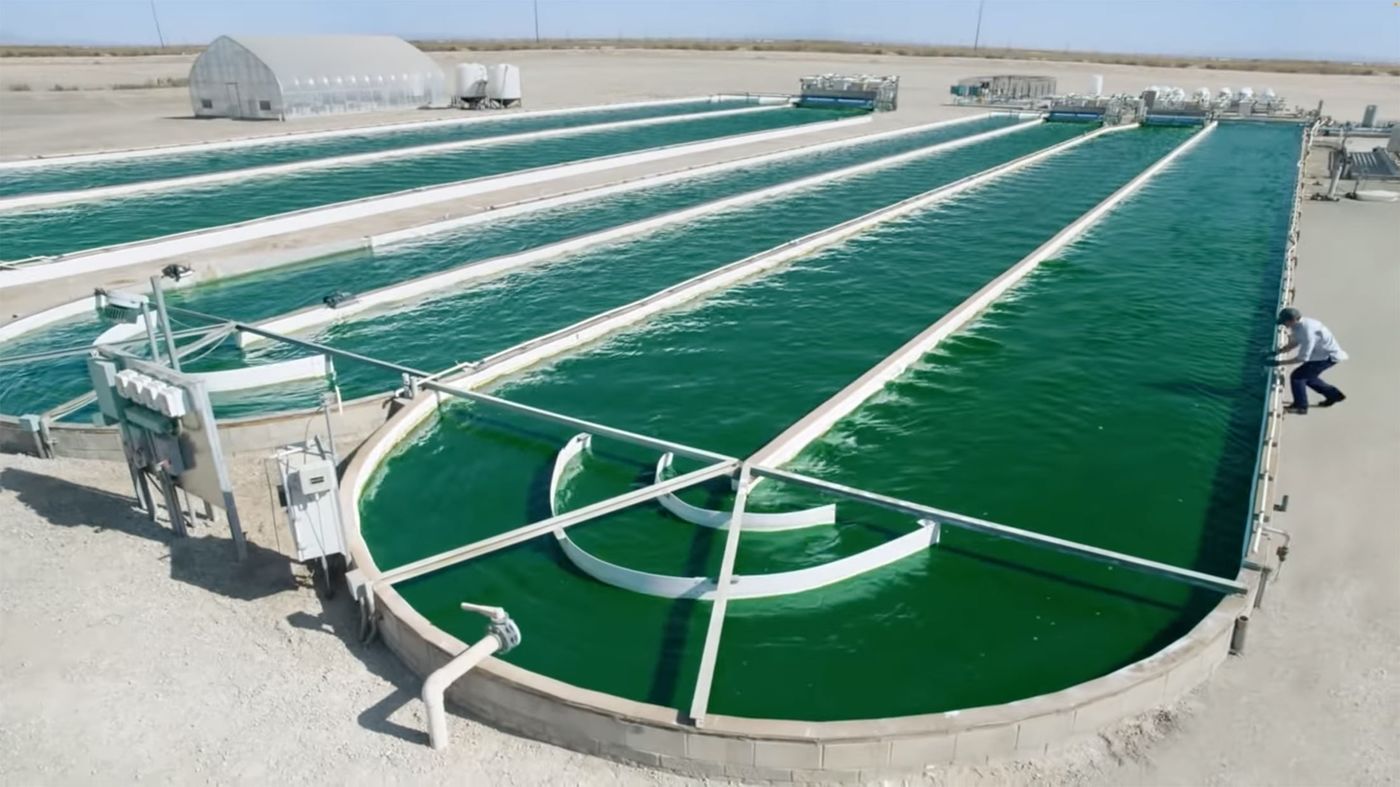
They added that despite these advantages, algae productivity should reach 15 grams of lipids per day per square meter. Scientists at Viridos managed to achieve 9.1 g, from an initial level of 5 g.
Such companies as Shell, Chevron and BP (formerly British Petroleum) also engaged in the production of biofuel from algae.
Exxon spent $60 million to air three of its algae commercials on national television over a 2.5-year period from 2017 to 2019, according to iSpot, a TV advertising measurement. The company also advertised the project on Facebook, Twitter, etc.
"Critics have long condemned algae advertising as 'greenwashing.' While 10,000 barrels per day would be a stunning success for algal biofuels, it also represents less than 0.3% of Exxon's oil and gas production," the report said.
Earlier, EcoPolitic wrote, that the Attorney General of California, Rob Bonta, summoned representatives of the oil company ExxonMobil to court in the case of deceiving the public about the true harm of plastic products.
As EcoPolitic previously reported, the London-based startup Brilliant Planet has developed technology for capturing and storing carbon using algae, where the price per ton of carbon will be from $50 to $100.

